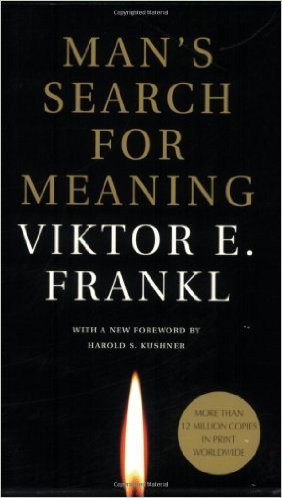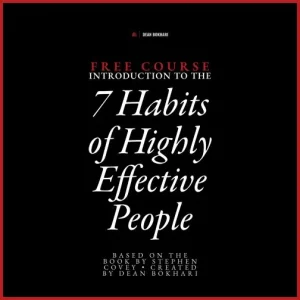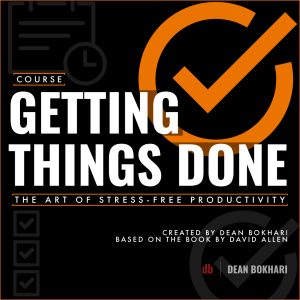
About
Imagine what it would feel like to be seized like an animal and thrown into a Nazi concentration camp. What would be going through your mind? Would you lose all hope? Or manage to find hope and meaning in the middle of all that death and chaos? That’s what Viktor Frankl did… Even after watching his entire family get murdered, he still found a way to see the light at the end of the tunnel for long enough to survive the brutality of the Nazi concentration camps in order to share his meaningful story with the world.
Crucial quotes
“If someone had seen our faces on the journey from Auschwitz to a Bavarian camp as we beheld the mountains of Salzburg with their summits glowing in the sunset, through the little barred windows of the prison carriage, he would never have believed that those were the faces of men who had given up all hope of life and liberty. Despite that factor—or maybe because of it—we were carried away by nature’s beauty, which we had missed for so long.”
Tweetable summary
The Meaning of Life = The Meaning You Give It.
Links
Downloads
THE BIG IDEAS
1. FINDING MEANING IN THE WORST OF TIMES
Man’s Search for Meaning was written by Holocaust survivor Viktor Frankl. Frankl’s wife, father, mother, and brother died in the concentration camps of Nazi Germany. Only his sister survived. Enduring extreme hunger, cold, and brutality, first in Auschwitz and then Dachau, Frankl himself was under constant threat of going to the gas ovens. He lost every physical belonging on his first day in the camps, and was forced to surrender a scientific manuscript that he considered his life’s work.
If there was ever a story that made suicide a reasonable option, or gave anyone an excuse to say that life was meaningless — I think it would be this one.
Yet having been lowered into the pits of humanity, Victor Frankl emerged an optimist. His reasoning was that even in the most terrible circumstances, people still have the freedom to choose how they see their circumstances and create meaning out of them… what the ancient Stoics referred to as the “last freedom.” The evil of torture is not so much the physical torment, but the active attempt to extinguish freedom.
Since its original publication in 1959, Man’s Search for Meaning has sold over nine million copies and been translated into 24 languages. It was voted one of America’s ten most influential books by the Library of Congress. Yet Frankl, who originally wanted the book to be published with only his prisoner number on the cover, stated that he did not see the work as a great achievement. To quote Frankel himself, its success was “an expression of the misery of our time,” revealing the ravenous hunger for meaningful existence.
Apart from its bestseller status, Man’s Search for Meaning has been a big influence on self-help rockstars like Stephen Covey and Tony Robbins. The emphasis on responsibility that we find in Covey’s The 7 Habits of Highly Effective People, for example, is directly inspired by Frankl’s work.
The book has three main parts:
- Experiences in a concentration camp – a theoretical essay
- Logotherapy in a nutshell
- The case for a tragic optimism
This book is way (way!) more than just another pump-up book about motivation — Man’s Search for Meaning is an intellectual masterpiece that inspires you to take control over your psychology, thus taking control of your life.


 Free Course: Intro to The 7 Habits of Highly Effective People by Stephen Covey • Instructed by Dean Bokhari.
Free Course: Intro to The 7 Habits of Highly Effective People by Stephen Covey • Instructed by Dean Bokhari.
